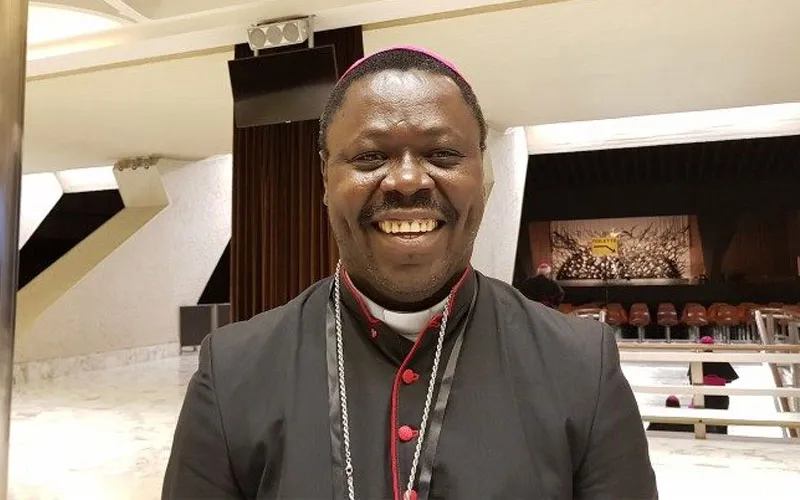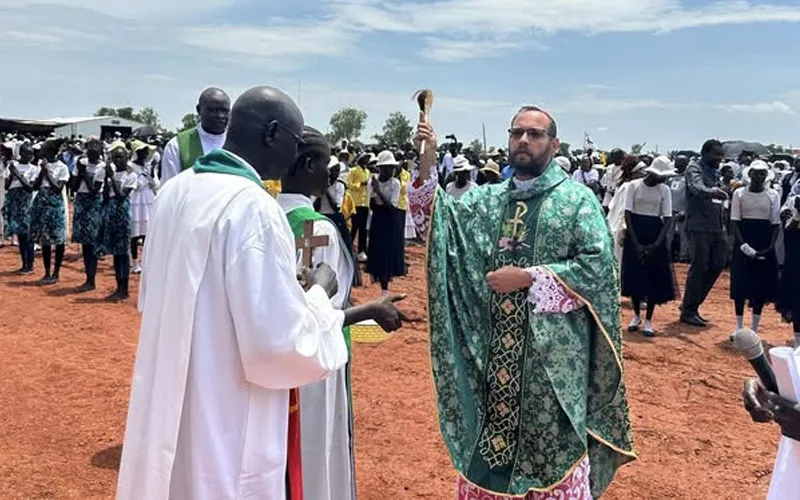Bangui, 10 January, 2025 / 11:52 am (ACI Africa).
Synod on Synodality, the multi-year XVI Ordinary General Assembly of the Synod of Bishops, which Pope Francis officially inaugurated in 2021 and later extended to 2024 was not about “alternative lifestyles”, the Local Ordinary of Bossangoa Catholic Diocese in the Central African Republic (CAR) has said.
In a report published on January 10, Bishop Nestor-Désiré Nongo-Aziagbia, who was among the Synod delegates representing the Church in Africa is quoted as saying, “Contrary to speculations and some misunderstanding, the Synod was not called to discuss alternative lifestyles.”
Bishop Nongo-Aziagbia recognizes discussions around controversial topics, highlighting the outreach to the Lesbian, Gay, Bisexual, Transgender, and Queer/Questioning (LGBTQ) and persons in polygamy unions.
The delegates in the Synod on Synodality recognized “tensions between cultural convictions in Africa and global discussions about inclusivity”, among other pastoral challenges, the delegate at the Synod, who was among representatives of the Association of Episcopal Conferences of Central Africa Region (ACERAC) says, alluding to some of the hot-button topics such as LGBTQ outreach and the ordination of female Deacons.
From the deliberations during the Synod on Synodality, Bishop Nongo-Aziagbia recalls that that “whoever requires pastoral care, including those who are LGBTQ+ or living in polygamous situations, should receive pastoral understanding.”





